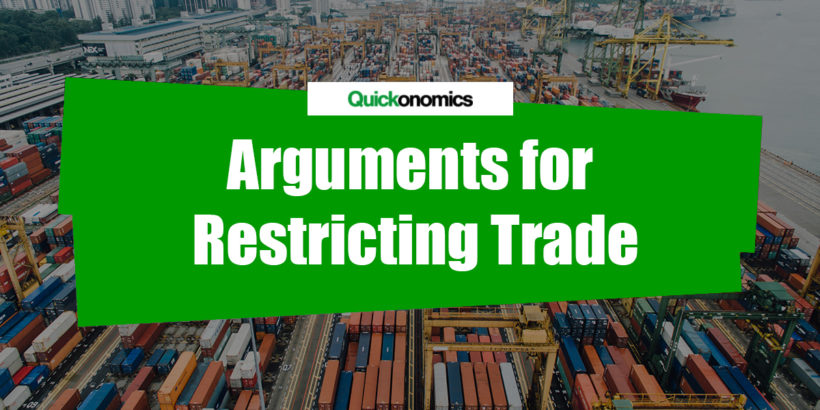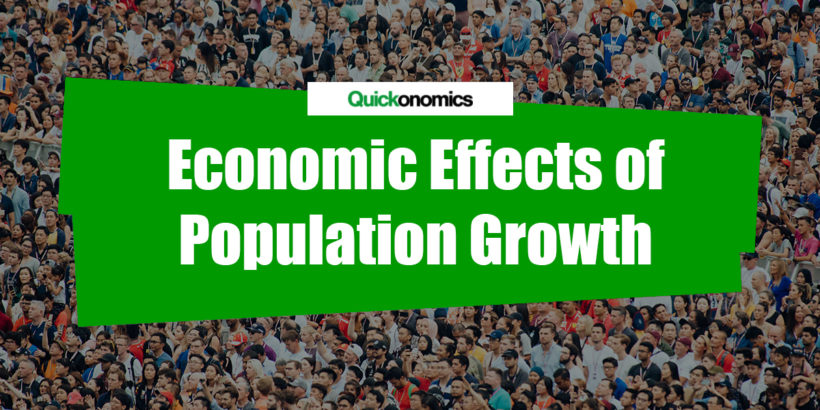Three major economic theories dominate the field of economics: neoclassical, Keynesian, and Marxian. Each of them has its own set of assumptions, regulations, and conditions. And, of course, all of these economic theories have their strengths and weaknesses. Thus, will look at each of them in more detail below. 1. […]
Read more








